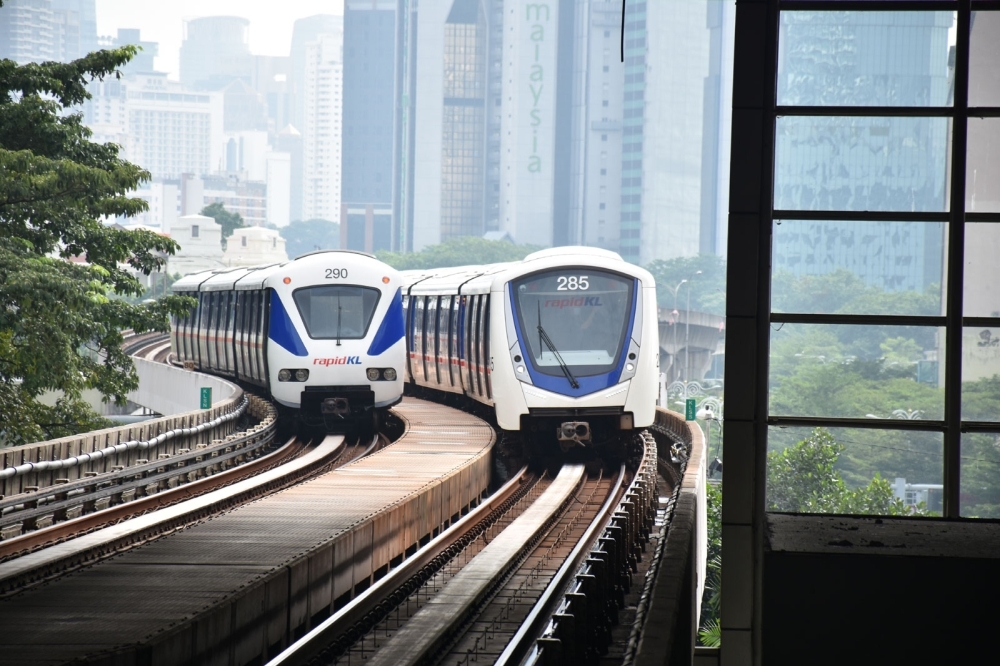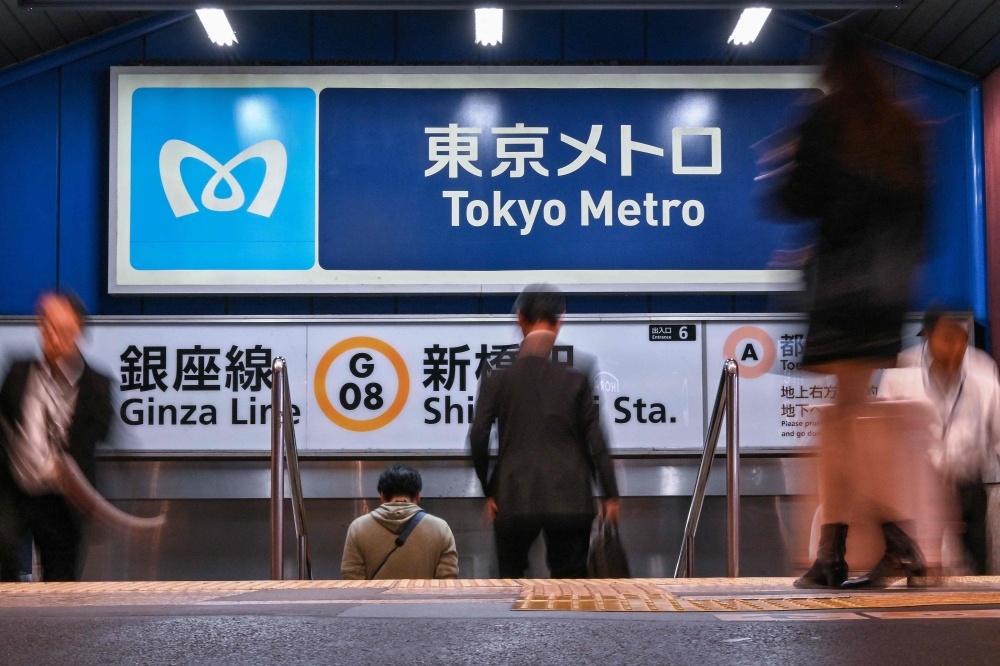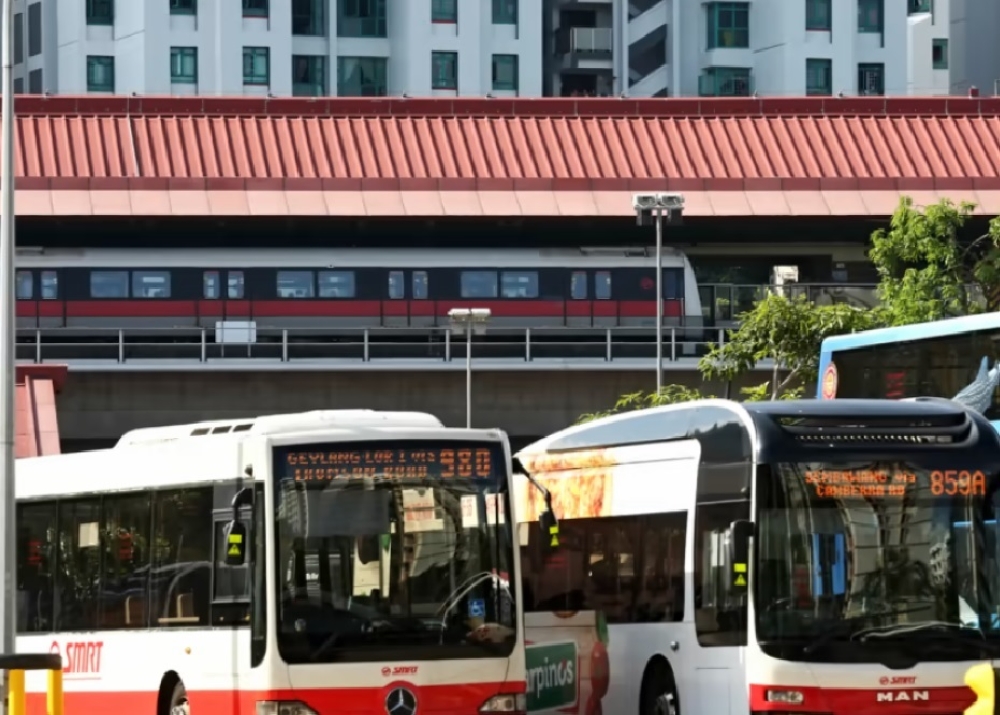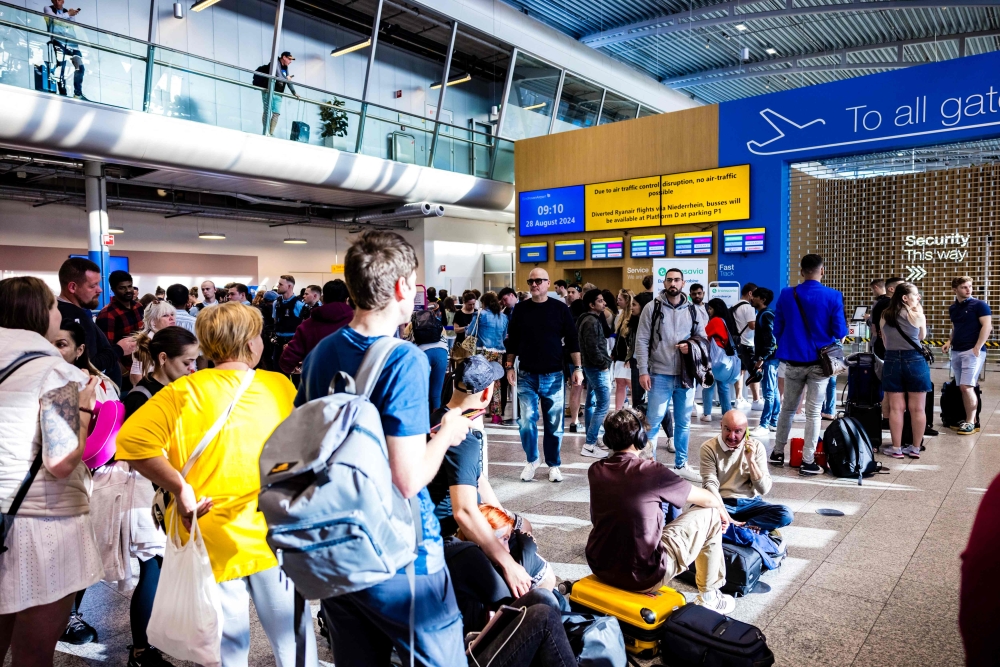
Is public transport meant to turn a profit? Five countries show it’s not that simple

Public transportation systems in Malaysia have long depended on government subsidies. — SoyaCincau pix
Monday, 07 Jul 2025 7:00 AM MYT
KUALA LUMPUR, July 7 — Prime Minister Datuk Seri Anwar Ibrahim’s administration said at the launch of the Kuala Lumpur Local Plan 2040 that public transport will be the backbone of all future development plans, amid growing calls to curb Malaysia’s overreliance on private cars.
The assertion again sparked a debate about who will fund these projects.
Public transportation systems in Malaysia have long depended on government subsidies.
But over the years, the discourse around public transit has included support for privatisation, the thinking being profitability — or at least break even — would make operators innovate and become more financially independent.
Experiences of other countries, however, show that the issue around public transport funding is usually more complicated. Some countries have tried privatisation, but not all have enjoyed positive outcomes.
‘Public transport is a social service’
In Malaysia, policymakers are divided, although many are inclined to view public transport as a social service that should be financially backed by taxpayers.
“In my experience, return on investment is not the issue. The issue of efficiency and funds for expansion of services normally arises,” said Rajiv Risyakaran, the pro-public transport Bukit Gasing state assemblyman who had been involved in Selangor’s city and town planning.
“I don’t expect public transport to break even or be profitable. It’s a social service the government provides for the people, and it’s a net cost to the government.
So, are there countries where public transport operators make money?
Malay Mail looks at five countries with arguably the best public transportation systems, and analyses open-source information to see if operators there are financially self-reliant or subsidy-dependent.

People walk past signs for the Tokyo Metro underground system inside Shimbashi Station in central Tokyo in this file photo taken on October 21, 2024. — AFP pic
Japan
Japan’s public transport systems, particularly its rail networks, are known to be among the most efficient in the world.
The train operations, including the famous Shinkansen (bullet train), are incredibly punctual with minimal delays.
Japan's rail networks, among the world's most complex, were initially operated by public and private companies, but in the 1980s, policy favouring car ownership plunged the government-run entity Japanese Railways (JR) into heavy debt. This pushed JR to privatise by splitting into regional-based companies (JR East, JR West, JR Central and JR Kyushu) that gave it flexibility to tailor the unique needs of the service areas.
Today, the Japanese privatisation programme is the exception in terms of profitability. But ticket sales are not the only income source.
A key to its success is diversification into real estate and retail businesses around its stations, according to the World Bank.

A file photograph shows public busses in Singapore. — TODAY pic
Singapore
Singapore's public transport system is internationally renowned, and public transport operators like SBS Transit in Singapore have shown to make profits according to media reports citing financial records.
But Singapore operates through a unique model where the government often owns the infrastructure, such as tracks and stations, and the operators lease or run services on it.
This helps manage the massive capital expenditure.
Switzerland
The Swiss public transport network, which includes rail systems, taxis, and buses has a total length of 24,500 kilometres and has more than 2,600 stations and stops, some even cutting across the Swiss Alps.
The Swiss Federal Railways (SBB), the national railway operator, has seen a return to profit in recent years after pandemic-related losses, according to official statements published on a government website, but like Japan, much of the profit comes from diversification of income sources like rentals from real estate and its energy divisions.
Generally, public transport operators there still rely on government subsidies to stay afloat, with half of their operating costs funded by taxpayers.
Germany
Germany's public transport system is a mix of public and private ownership, with the federal government, state governments, and private companies all playing a role.
Local public transport, including buses, trams, and some regional trains, is primarily managed by state governments and municipalities.
Deutsche Bahn (DB) is the main railway provider, a state-owned company, but it operates as a private entity and faces competition from other private companies such as SWEG, ODEG, and Flixtrain.
Still, many of the operators rely heavily on federal subsidies.
In 2021, at least 11.6 billion euros in federal funds were reported to have been invested in public transport, with more promised annually starting in 2025.
Over the years, there has been growing criticism over the funding model.

Travellers wait at the Eindhoven Airport. — AFP pic
Netherlands
Dutch public transport is frequently ranked among the best in the world for being well-organised, efficient, reliable, and covers the entire country.
Its transport system is known for its integration of trains, buses, trams, and metros, making it easy to travel between cities and within urban areas.
Like Germany and Switzerland, Dutch public transport operators rely heavily on government subsidies.
But unlike Germany, there is strong public support for financial assistance of public transit systems because they view it as a social service first.
Public transport in the Netherlands is funded through a combination of ticket revenue, government subsidies, and sometimes regional or local government contributions.
***
kt comments:
As a Penang-Lang I would say Penang Island once had the BEST public transport system in its bus services for years UNTIL "an S-Whole' deliberately destroyed it.
Recall Lim Seng Seng, Hin, Yellow Bus Services and even the lightning-tortoise City Council Bus Service.
No comments:
Post a Comment